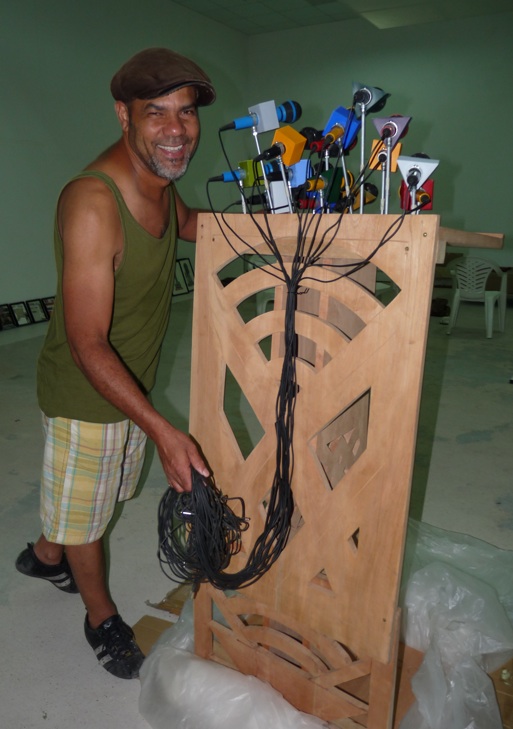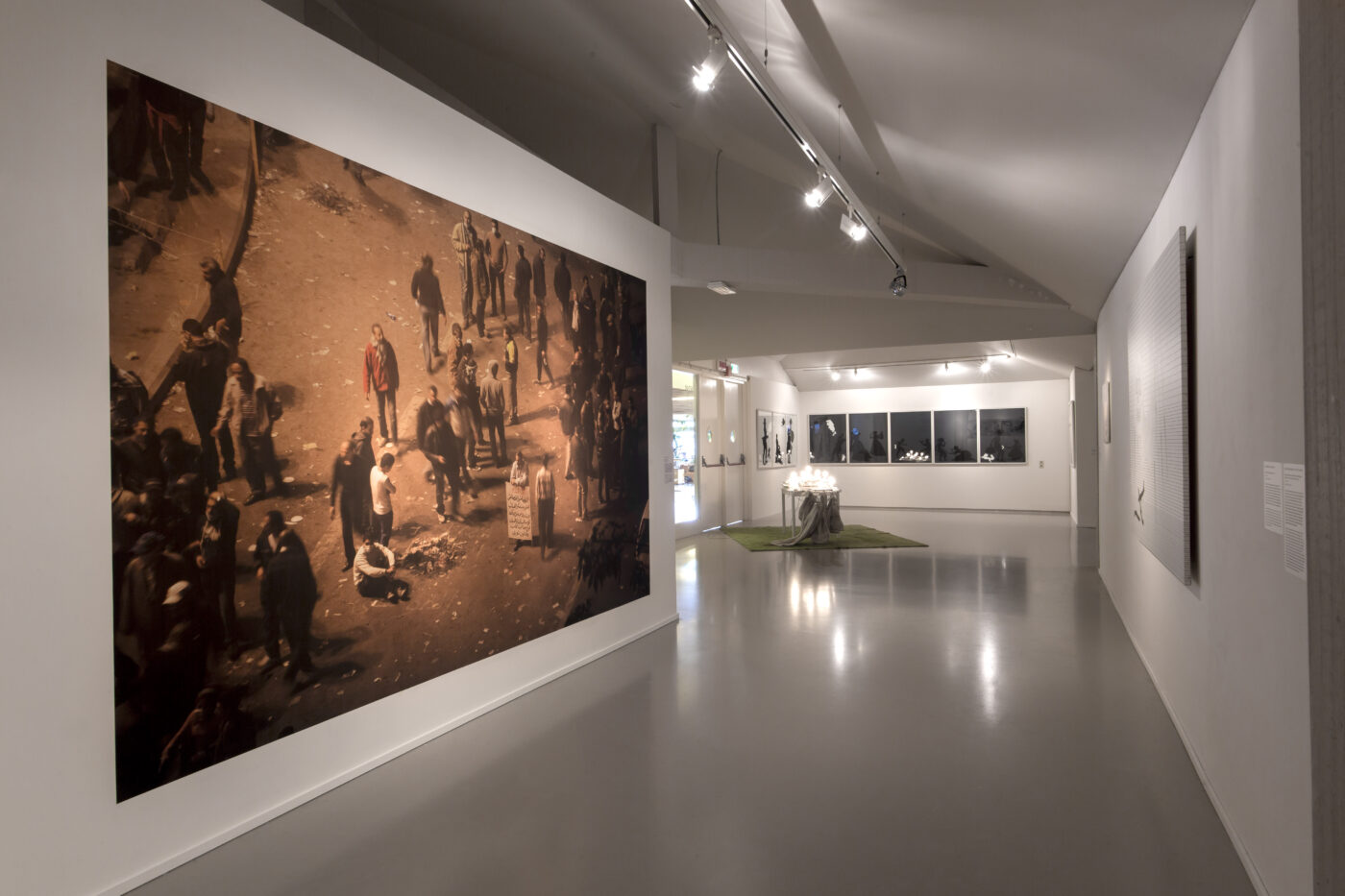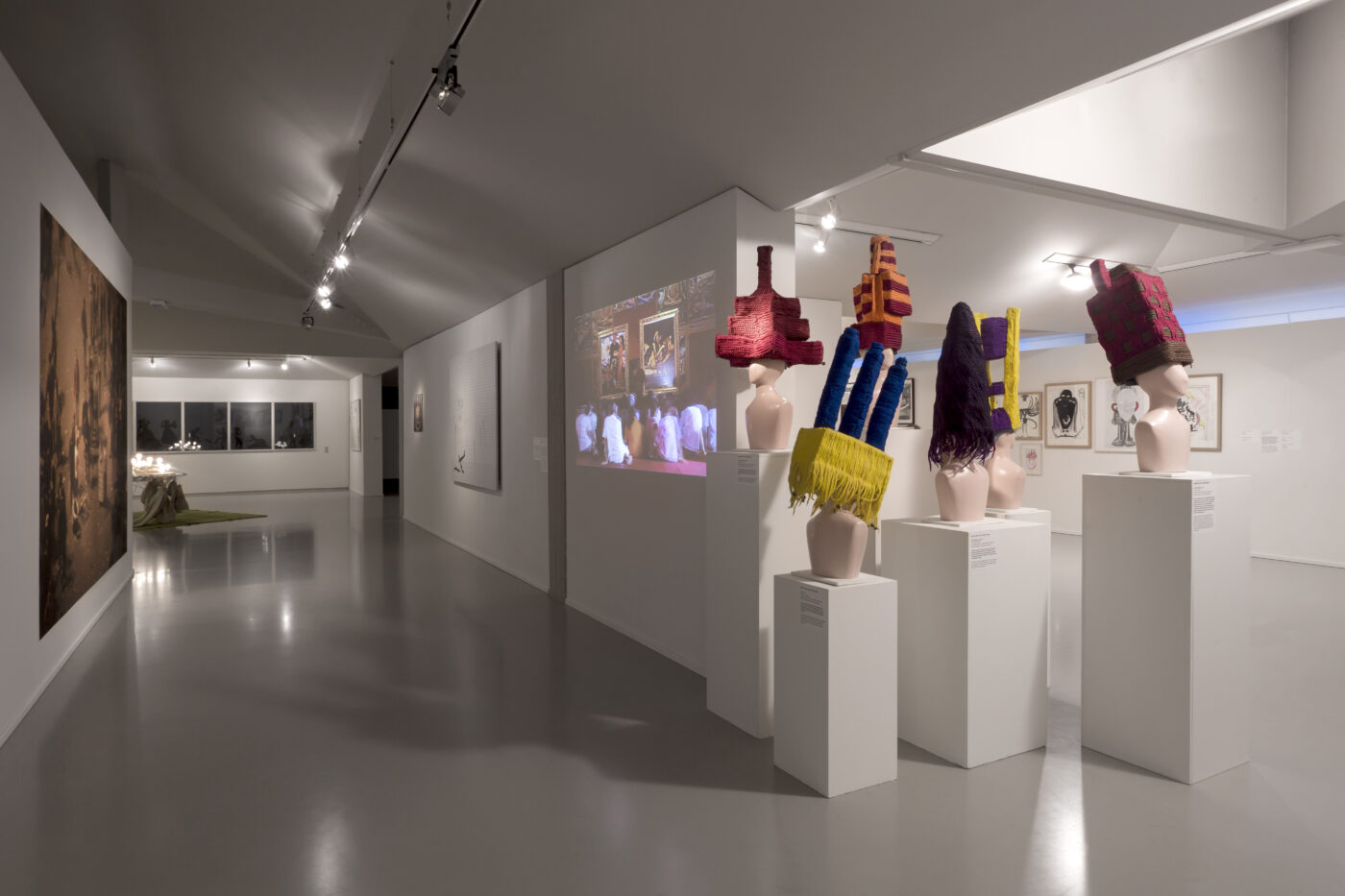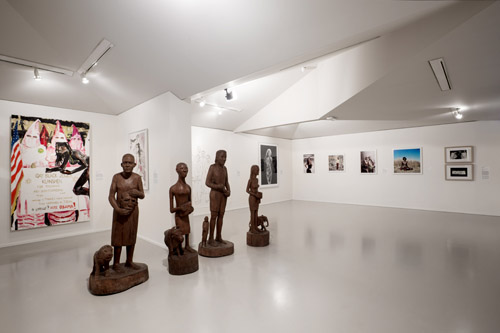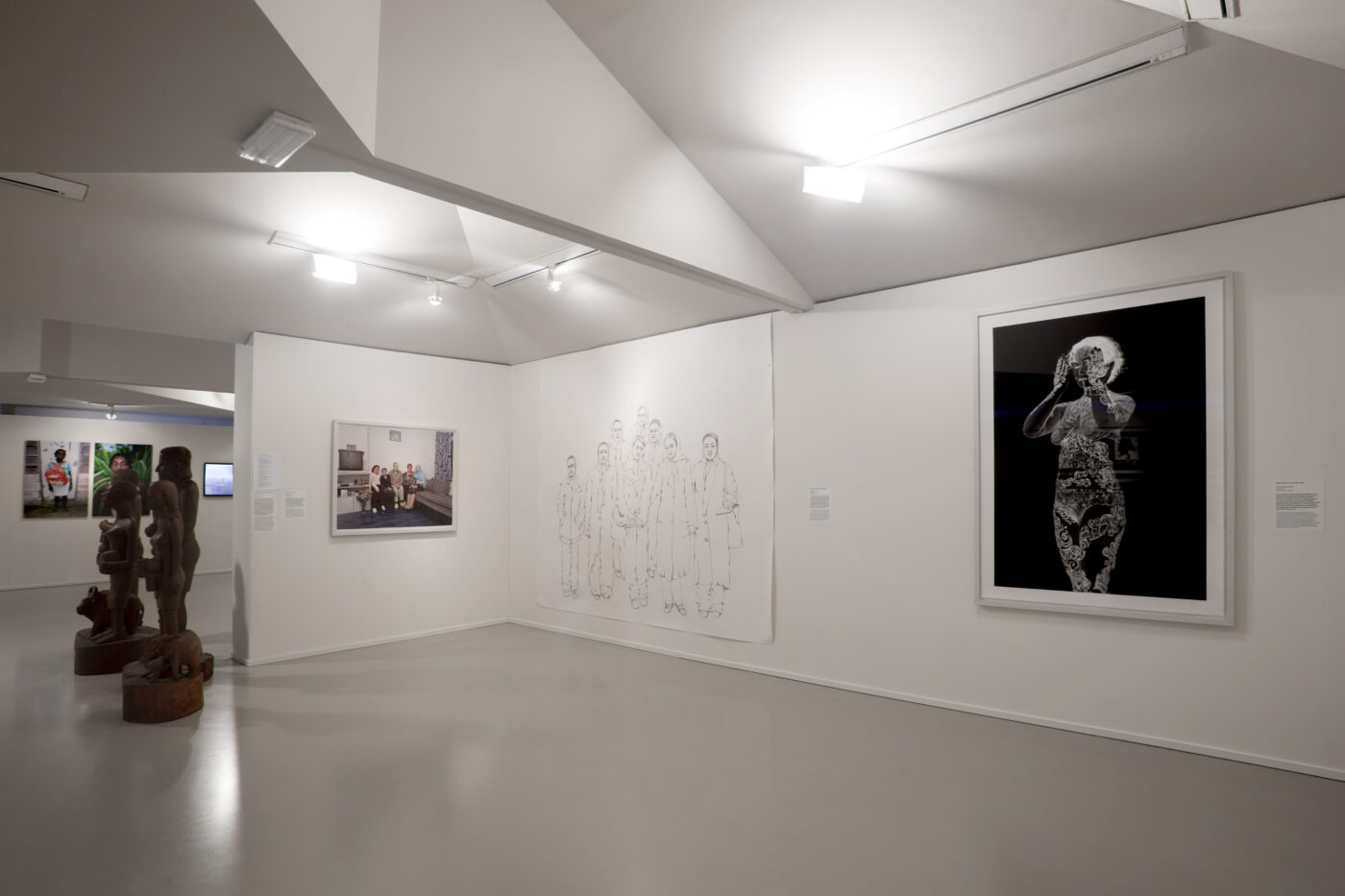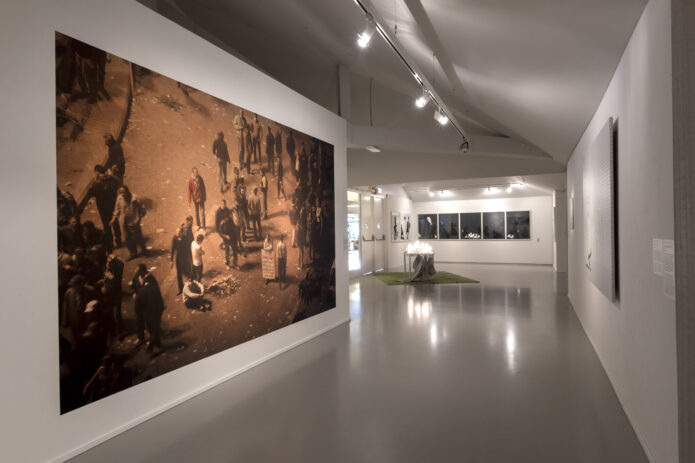30 Jun –
21 Aug 2016
Exhibition: What We Have Overlooked
The exhibition What We Have Overlooked (Amsterdam 2016), curated by Mirjam Westen, displays a selection of art works acquired by Museum Arnhem over the past twenty-five years. The selection consists of artists who in their work connect social, cultural and political issues within their own local context to a broader global framework. They question taken-for-granted historical constructions, cultural identities and political institutions. Framer Framed has been dealing with similar topics since its conception in 2009; critically analysing intercultural processes in contemporary art by means of debates, exhibitions and public programs. With What We Have Overlooked, Museum Arnhem and Framer Framed aim to shed new light on these debates.
Participating Artists
Lida Abdul, Özlem Altin, Carlos Amorales, Atousa Bandeh, Melanie Bonajo, Dineo Seshee Bopape, Esiri Erheriene-Essi, Angèle Etoundi Essamba, Meschac Gaba, Regina José Galindo, Remy Jungerman, Roshini Kempadoo, Monali Meher, Zanele Muholi, Ria Pacquée, Araya Rasdjarmrearnsook, Laura Samsom-Rous, Michael Tedja, Lidwien van de Ven, Kara Walker, HW Werther
One work, a series called Ecu – European Currency Unfolds (1992) by British artist Roshini Kempadoo, is still very relevant in the contemporary context. For this work Kempadoo, shortly after the enforcement of Europe’s ‘Schengen Agreement’, reproduced the then-banknotes of the European countries. On these notes, she pasted scenes of refugees and native peoples of former European colonies. With this she aimed to express her vision on the colonial history and future identity of the European Union.
The American artist Kara Walker raises another aspect of colonial history in her series The Emancipation Approximation (1999-2000): slavery. By means of a silhouette technique she addresses the influence of racist and sexual stereotypes on our everyday life in a narrative way; using wry, satirical overtones.
Thai artist Araya Rasdjarmrearnsook, in her video from the series Village and Elsewhere (2010-2012), shows the effects of taking art out of the museum setting, by transferring it to an everyday context and monitoring viewers’ reactions. She places copies of renowned works by the likes of Van Gogh, Manet, Jeff Koons and Cindy Sherman on public squares, at the edge of a field, or in a Buddhist temple in Thailand. She then films the responses of local residents encountering the pieces. The videos are marked by the curiosity of the Thai residents; as their obvious pleasure in discussing the art works together is paired with a contagious sense of humour.

What We Have Overlooked (2016), curated by Mirjam Westen for Framer Framed, Amsterdam. Photo: Michiel Landeweerd / Framer Framed
Museum Arnhem
Since the nineties, Museum Arnhem has been at the foreground of accomplishing a culturally diverse art collection. By means of shifting collection presentations in and outside Arnhem, the museum is constantly forging new connections, offering views that attract and represent both current and future generations from different cultural backgrounds.
Program opening
17:00: Exhibition space open
17:30: Introduction by Josien Pieterse, director of Framer Framed
17:35: Speech by Saskia Bak, director Museum Arnhem
17:40: Speech by Mirjam Westen, curator of the exhibition (and permanent curator contemporary art at Museum Arnhem)
17:50: Live performance by artist Monali Meher (whose work is shown in the exhibition). Performance title: “One drop of blood”.
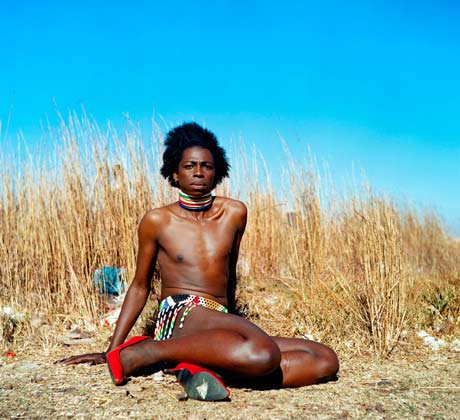
Zanele Muholi, Miss D’vine I (2007), collection Museum Arnhem
Feminism / Collection development / Photography / South Africa /
Agenda
Filthy Mouth, Dirty Politics #2
An 'anti-conference conference', experimenting with transgressive speech acts, filthy, vulgar language, radical feminism and digital (non) spaces.
Queer Series: Somos Libres!? Queer Amsterdam in the ‘80s
Screenings of the film by Miguel-Ángel Cárdenas and Daniel Brun on gay Amsterdam in the 1980's.
Event: Farewell to the hermetic monoculture
Lecture by curator Mirjam Westen on the rol of art institutions in a rapidly changing global context.
Network
H.W. Werther
Artist
Kara Walker
Artist
Lidwien van de Ven
Artist
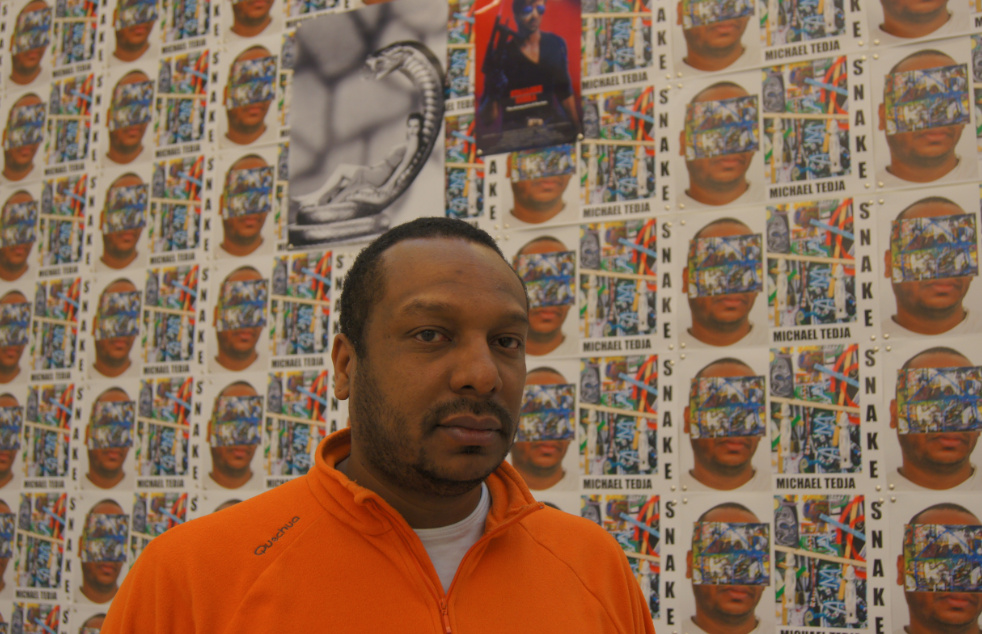
Michael Tedja
Artist
Laura Samsom Rous
Artist
Araya Rasdjarmerearnsook
Artist
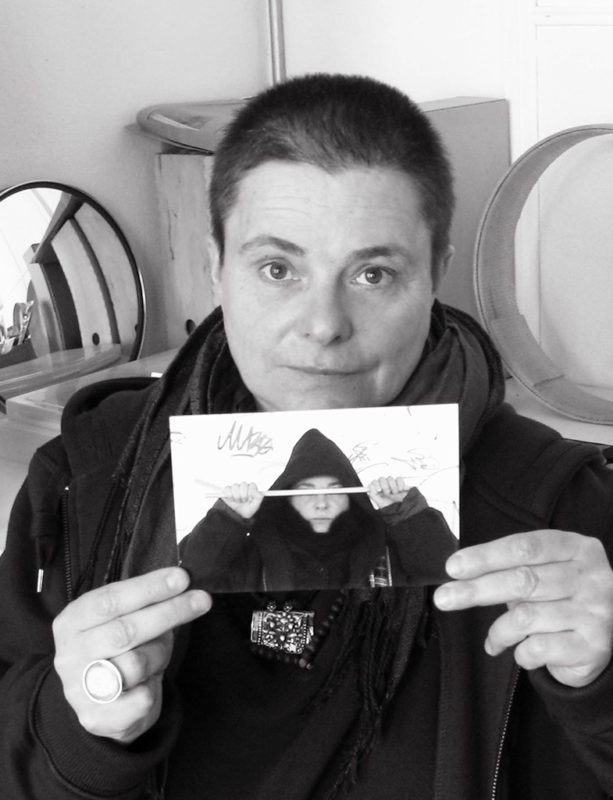
Ria Pacquée
Artist
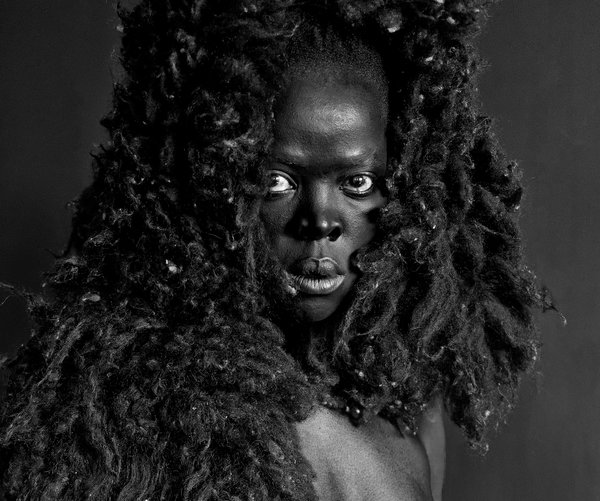
Zanele Muholi
Artist
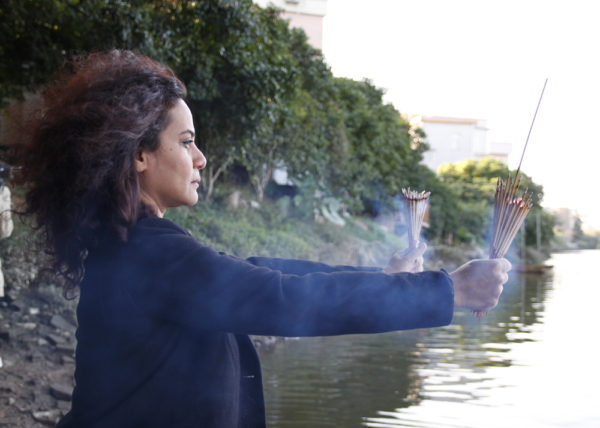
Monali Meher
Artist
Roshini Kempadoo
Artist
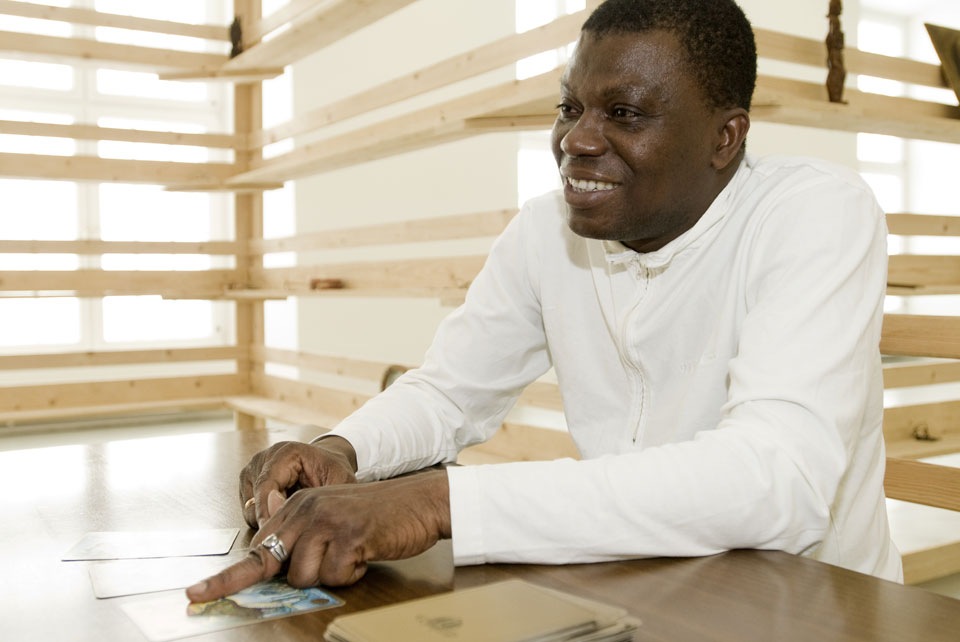
Meschac Gaba
Artist
Regina José Galindo
Artist
Angèle Etoundi Essamba
Artist
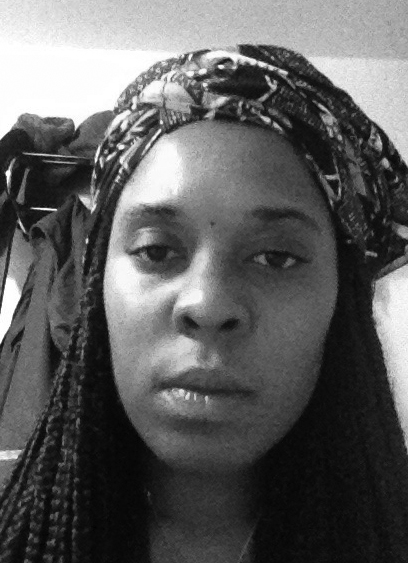
Esiri Erheriene-Essi
Artist
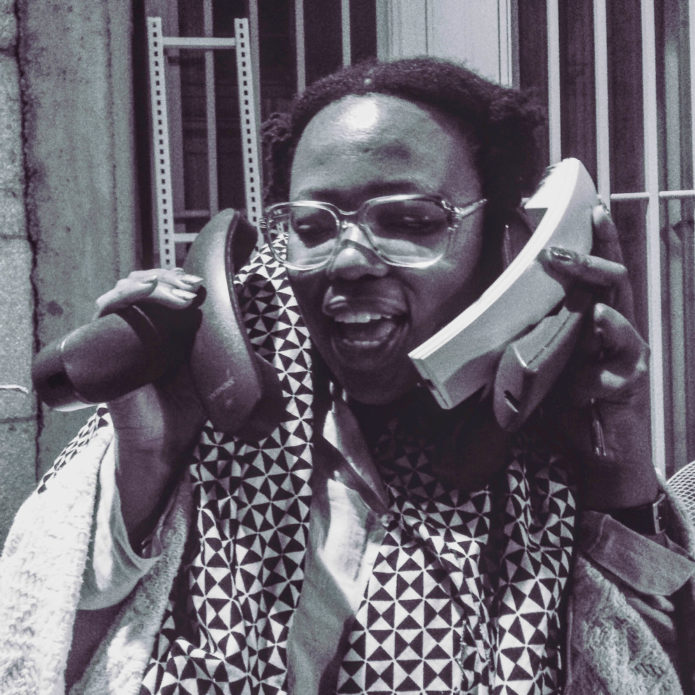
Dineo Seshee Bopape
Artist
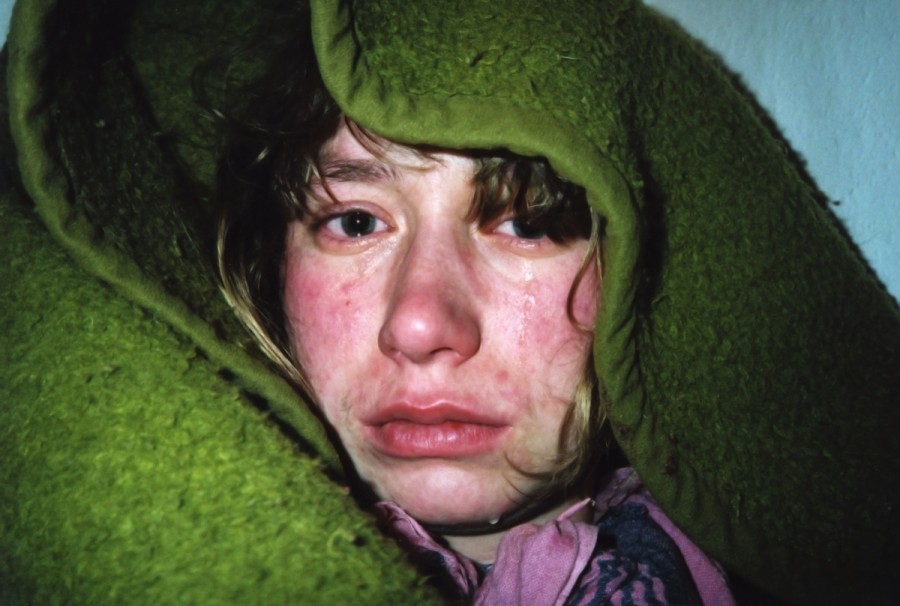
Melanie Bonajo
Artist
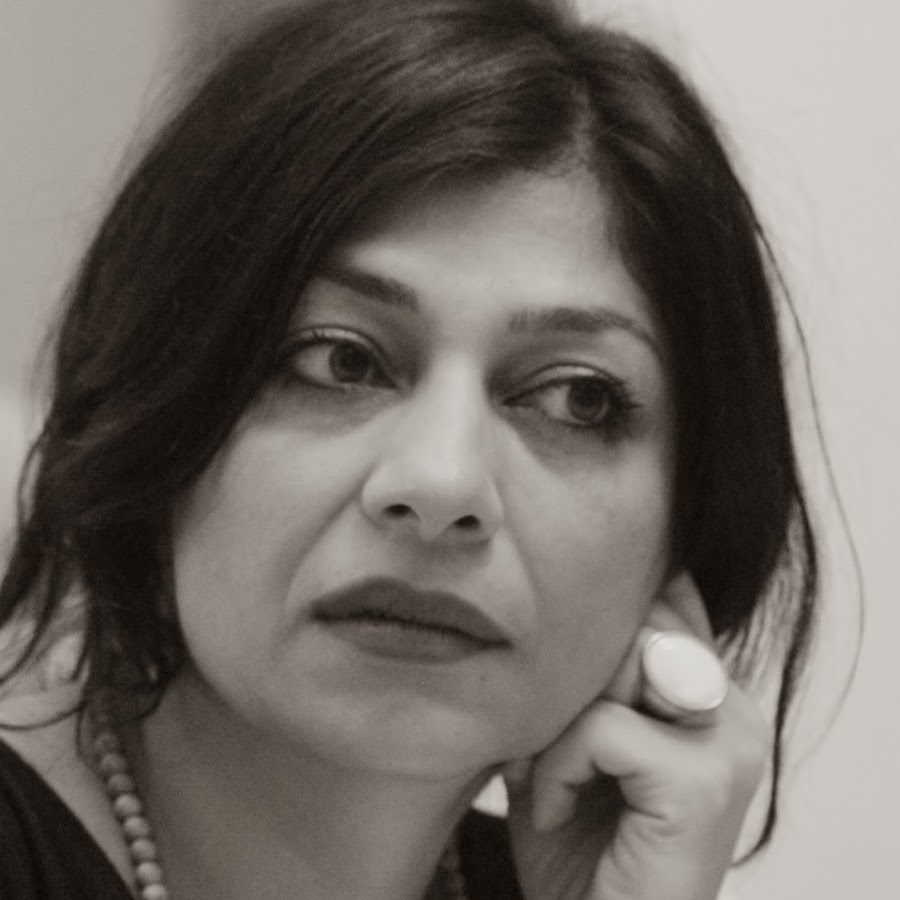
Atousa Bandeh Ghiasabadi
Artist
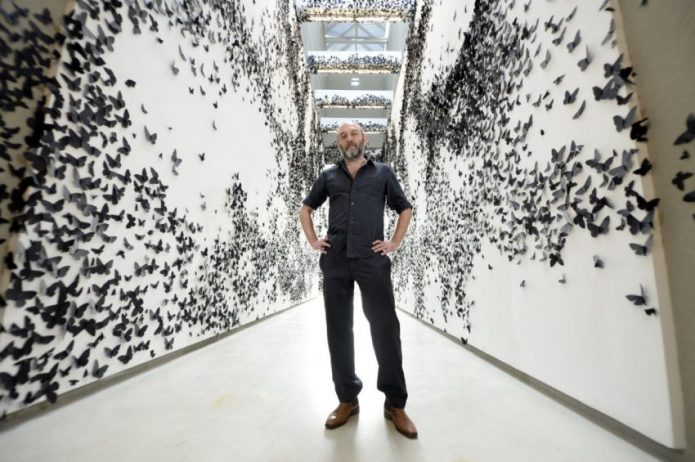
Carlos Amorales
Artist

Özlem Altin
Artist
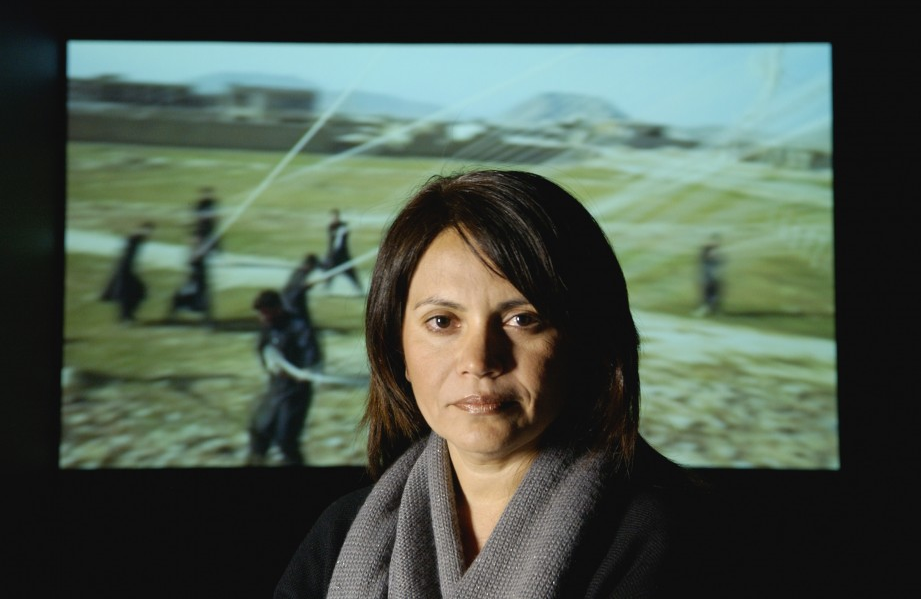
Lida Abdul
Artist
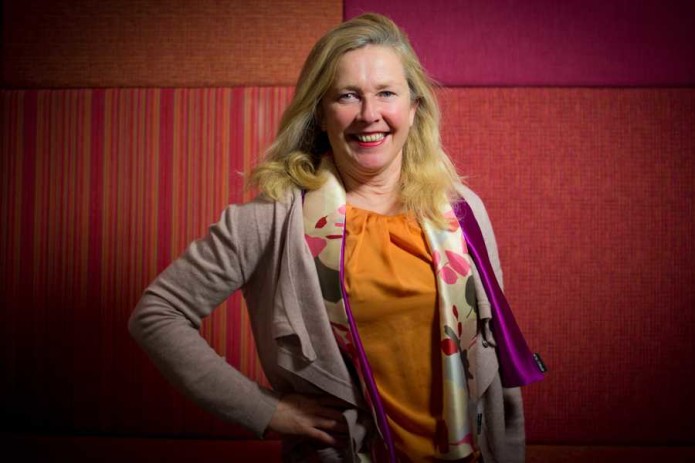
Mirjam Westen
Curator
